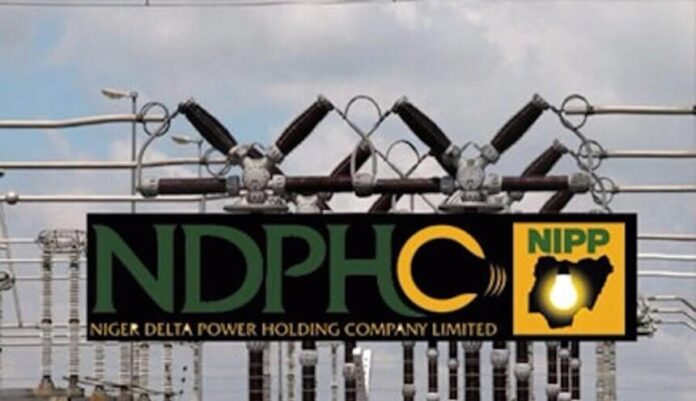The Managing Director, Niger Delta Power Holding Company (NDPHC), Jennifer Adighije, has announced that Power Purchase Agreements (PPAs) have been signed with private traders and off-takers, pending approval from the Nigerian Electricity Regulatory Commission (NERC).
This development is sequel to the government-owned generation firm facing challenges with low electricity uptake by distribution companies and increasing unpaid invoices, realizing only about 30 percent of its earnings, according to Adighije.
Speaking during visit to the Nigerian Independent System Operator (NISO) on Monday in Abuja, Adighije emphasised that a significant portion of the company’s 2,000MW capacity remains unused due to these issues.
The MD stated the Electricity Act allows the company to engage directly with bankable off-takers, facilitating the signing of PPAs.
“The Electricity Act has empowered us to directly engage with bankable off-takers. We have signed PPAs, and once the regulator approves them, we can begin freeing up 200MW.”
She said that recent technical improvements at key plants, including Omotosho and Alaoji, would enhance power availability, positioning the NDPHC to deliver more supply once dispatch levels improve.
The MD, while calling for NISO to support a fairer dispatch framework that reflects the company’s infrastructure contributions, said despite its role as the government’s flagship generation company, NDPHC remains without a formal PPA with the Nigerian Bulk Electricity Trading Plc, limiting its ability to dispatch power through official market channels.
Adighije further underscored the necessity for enhanced synergy between public and private entities under the evolving Electricity Act, especially concerning procurement and financial procedures.
The stagnation in offtake and the accumulation of outstanding debts have exerted pressure on the company’s operations. Nonetheless, officials are optimistic that facilitating bilateral sales will alleviate cash flow challenges and reinstate investor confidence in the sector.
As the electricity market transforms under the new legislation, the NDPHC’s initiative to pursue direct commercial arrangements signifies a shift towards decentralized power transactions—a reform long advocated but slowly realized within Nigeria’s power sector.

